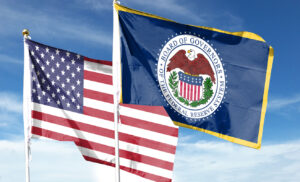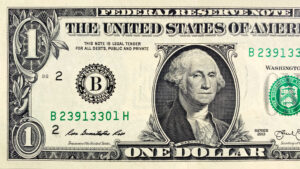New government data shows that prices for import-heavy goods like clothing, furniture, and coffee surged last month, pointing to the early effects of President Trump’s tariffs. Tariff-related price spikes were most noticeable in categories with slim profit margins, where companies are passing along the added costs to consumers.
Still, analysts say the broader rise in inflation — which reached 2.7% in June — is driven more by housing and food, not tariffs. The average U.S. household is now paying an extra $2,800 annually due to the tariff burden, the Yale Budget Lab estimates. More levies, including a proposed 50% tariff on copper, are set to take effect August 1. Experts warn that price pressures could intensify in the months ahead, especially as importers run out of room to absorb the extra costs.








